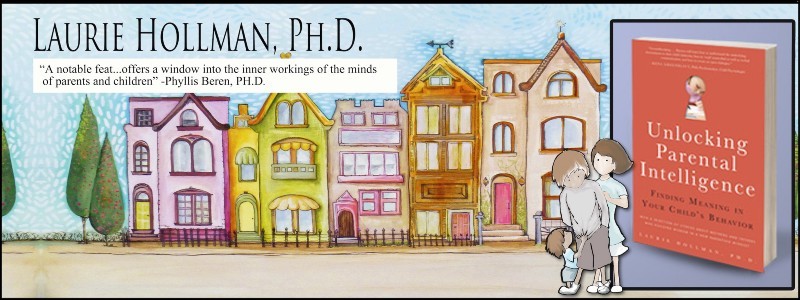Sometimes we think that socializing is a measure of our self-worth. How do you know when you socialize too much to the detriment of your personal growth?
Socializing is essential to the mental health of many people. It gives you a feeling of being a part of others lives and they’re a part of yours.
However, some people seem to score themselves on how many friends they have, how many social engagements they are invited to, the social circles they are accepted by and base their self-esteem on these measures. Are you doing that? Is it stressing you out?
Socializing as a Measure of Self-Worth
Some of us are natural extroverts. We chat with strangers at the cash register, make friends easily in a new town, text others all day long and give ourselves high marks for socialization.
Others are more introverted. They like a few special friends. They enjoy their time alone and feel uncomfortable in large crowds and boisterous gatherings.
There’s no right way to be. The problem is when the degree of socializing is how we evaluate ourselves. If that’s the case for you, you may notice you feel down in the dumps if you don’t get a text back immediately. You may feel slighted if an email isn’t returned right away. You may be unrealistic and overly focused on yourselves when others just have things to do before they respond. It’s not a reflection on you but on their busy lives.
Self-Worth Comes from the Inside
Socializing is supposed to be pleasurable not a measure of self-worth. There’s no social ladder to climb that proves you are a worthwhile human being. Self-worth comes from the inside. The more constant it feels the more secure is your well-being.
Social contacts affirm yourself but don’t determine your value, Choose your friends wisely, that is find others who appreciate you and support you nonjudgmentally. They give you wise advice as needed and you do the same for them. There is a sense of mutuality. This is of much greater value than just the amount of socializing you do.
When Socializing is Over the Top
So when all you do is run around trying to be with people all the time, you may discover you ironically feel lonely deep inside. You haven’t taken time to yourself to evaluate how you feel about your life, what your goals are, what you are reaching for from yourself and others.
Give yourself a break. Take time to self-reflect on your values and virtues. See if you can enjoy yourself when you are alone. This is a quality to seek because then you can monitor your emotions, feel collected, gather your strength, and set yourself on the path to greater well-being.
Laurie Hollman, Ph.D., is a psychoanalyst and author of Unlocking Parental Intelligence: Finding Meaning in Your Child’s Behavior found on Amazon and wherever books are sold. Visit her website for more personal guidance: http://lauriehollmanphd.

Originally published at medium.com


